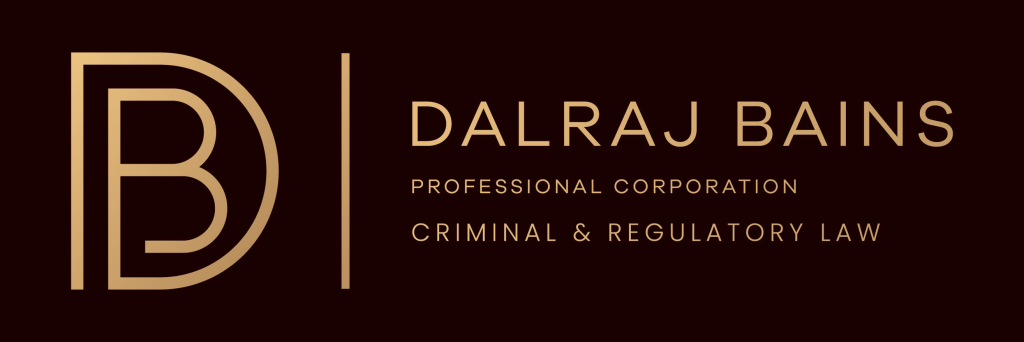Under the Criminal Code of Canada, fraud is categorized as either fraud over $5,000 or fraud under
$5,000. Fraud involves intentionally using deceit, falsehood, or other fraudulent means to defraud a
person or the public of property, money, valuable security, or services. The core of the offence is
deliberate deception that causes or risks economic loss to the victim. In fraud related cases, an individual
may be liable for restitution, fines, or potential imprisonment. In cases of indictable fraud over $5,000, the
accused may face upwards of 14 years imprisonment.
In fraud related cases, the Crown must substantiate several elements beyond a reasonable doubt for a
conviction. These elements include:
- Dishonest Act: The accused engaged in deceit, falsehood, or other fraudulent means.
- Deprivation: The act caused actual financial loss or created a risk of loss to the victim’s economic interests.
- Intent: The accused acted knowingly or recklessly with the intent to defraud.
Some Examples of Fraud
Fraud can take many forms including, but not limited to:
- Identity Fraud: Using someone else’s identity to gain an advantage or cause loss.
- Credit Card Fraud: Unauthorized use of credit card data.
- Tax Fraud: Misrepresenting information to evade taxes. This may be prosecutable under the Criminal Code of Canada or Income Tax Act.
- Insurance Fraud: Submitting false claims to insurers.
- Securities Fraud: Misleading investors to manipulate markets.
- Forgery: Creating or altering documents to deceive.
If you require legal assistance for fraud or other financial related offences, please contact us now for a
confidential consultation.
